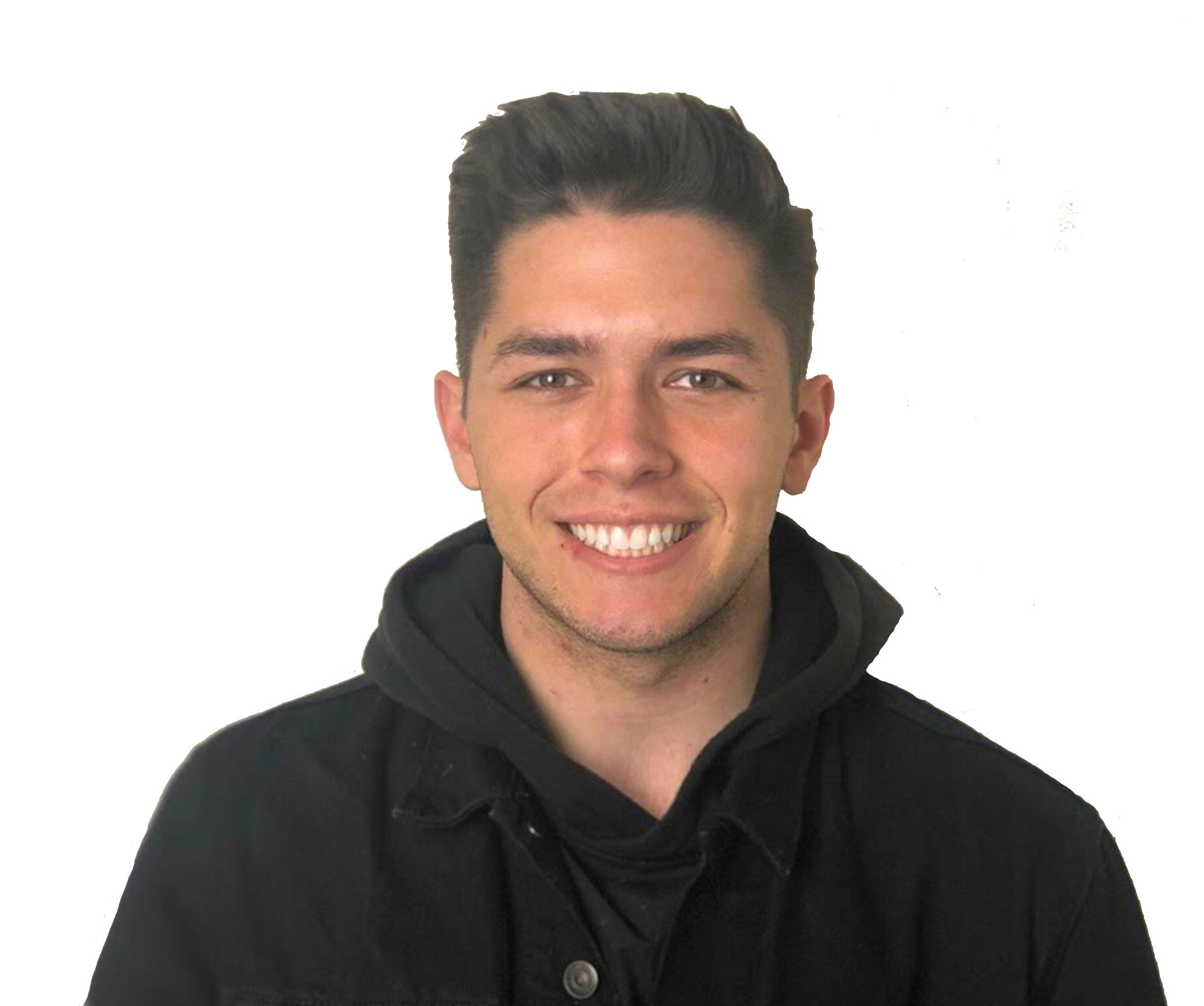Mindful Mondays: Universities must address the diverse spectrum of mental illnesses
I was a mess in the minutes leading up to my first counseling appointment. I had used the Engemann Student Health Center’s online portal to sign up for a 20-minute phone consultation, which was meant to “assess my needs” as a first-time client. I scoped out the area to make sure nobody was around to listen in on my conversation. My phone rang. I took a deep breath.
It was a casual talk. I gave the counselor a brief rundown of my situation, but I didn’t give him all the details of my mental health issues. This was the first time I’d reached out to anyone independently, and I was not about to spill my life story to a stranger over the phone. He proceeded with the formal questions they ask all initial applicants — “have you experienced suicidal thoughts?” “have you ever considered harming yourself or another person?” I answered “no” in both cases. The counselor on the other line then informed me that my condition wasn’t serious enough for an immediate session in person, and that if I wanted help I could either sign up for the waitlist — of which I was unlikely to be taken off — or, because I didn’t have a car in L.A., take the bus to a counseling office off campus. Neither sounded appealing to me.
I convinced myself I was fine. I continued my weekly routine, and, as months passed, felt increasingly discouraged from contacting Engemann again. But I always held a grudge against the place that turned me away, the place that, in my mind, shoved me backward after I took a step forward.
I, of course, was not fine. But through it all, what has comforted me — and made me all the more angry — is that I wasn’t alone. The reality is that college students are suffering from an increasingly prevalent mental health crisis. And universities like USC aren’t doing nearly enough to address it.
The transition into college life is a hard time for most. Moving away from home, leaving behind family, forming new social circles — the list goes on — can all be additional strains on an already rigorous academic experience. At elite colleges, high school valedictorians who have received nothing less than a 4.0 their entire lives are faced with the challenge of competing against thousands of other 4.0 valedictorians, a pool in which brilliant minds are, unfortunately, average.
While what I listed is just an iota among a laundry list of mental health concerns, it’s no surprise, then, that according to a 2013 survey by the American College Health Association, 40 percent of male and 57 percent of female college students reported feeling overwhelmingly anxious, and 27 percent of male and 33 percent of female respondents reported feeling seriously depressed. The ACHA has also indicated that suicide rates among young adults have tripled since the 1950s.
So, at a private institution like USC — one that prides itself on the individual attention and support given to each student — why isn’t mental health at the forefront of campus policy?
This is a question many have asked but few have answered. As a member of the Daily Trojan Editorial Board, it was a part of my job to conduct a panel interview of Undergraduate Student Government’s presidential candidates, and to endorse a ticket based on its platform points. To my pleasant surprise, both pairs identified expanding mental health services as a key objective for the new academic year. But that was about all of the details they discussed on the matter.
To be fair, attempting to fix a system that fails to recognize its brokenness is no easy task. But there are several key shortcomings that the University needs to recognize and address.
The most obvious problem is USC’s failure to provide students with individual counseling. While I will not argue with the notion that the most serious cases should receive help first, every mental health issue starts somewhere — the University cannot wait until the last moment to release a struggling student from purgatory. Among the 621 colleges that responded to a 2017 survey by the Association for University and College Counseling Center Directors, 68 percent reported that their centers did not have a waitlist, and among those that did, the average wait time for a first appointment was 17.3 business days. Considering that USC recently spent $700 million on a campus expansion project, surely it has the resources to hire more counselors and decrease the size of its waitlist.
Moreover, USC also needs to exercise a sense of transparency regarding its mental health services. If the University is able to send countless emails telling students to buy season football tickets, why can’t it also remind them of the wellness services to which they may or may not be entitled? A student struggling to come to terms with mental illness should not have to jump through additional hoops just to find the online counseling portal.
Lastly, if it must redirect students to counseling offices off campus, then USC should have the responsibility to organize transportation for those who don’t have cars on campus. After a student works up the courage to admit he or she should get help and then move forward with scheduling an appointment, it’s a slap in the face to be told the nearest center is a bus ride and a few Ubers away.
At the very least, students can do their part by helping eliminate some of the perceived stigma surrounding mental illnesses. That means being more vocal about these issues: We may feel comfortable discussing a cold, but opening up about about struggles with anxiety is another story. It also means that we cannot romanticize or joke about mental illnesses on social media for retweets and likes. While speaking about these issues should be normalized, we also need to realize that mental illnesses are not hip or trendy. They are problems that can and should be fixed. But speaking from experience, the biggest mistake people can make is to believe mental illnesses are problems with them instead of ones happening to them.
To be clear, the primary objective of this column wasn’t to get revenge by exposing the University’s inadequacies; I truly believe USC wants the best for its student body. Rather, I started “Mindful Mondays” to incite discussions that would encourage students to be more considerate, to exercise a sense of mindfulness toward all members of the Trojan Family.
Mental health is a spectrum; we all fall on it somewhere. Everybody experiences hard times, but the heaviest burdens to bear are often the most difficult to see. It’s not always just the girl with dark circles under her eyes and scars on her wrists. Sometimes, it’s the athlete struggling to balance schoolwork with the demands of coaches and recruiters. Sometimes, it’s the 4.0 student who hits all the marks but is internally drowning in the pressures of academic perfection. And sometimes, it’s the very person writing this article. Be mindful.
Ryan Fawwaz is a freshman majoring in journalism. He is also the editorial director of the Daily Trojan. His column, “Mindful Mondays,” ran every other Monday.


